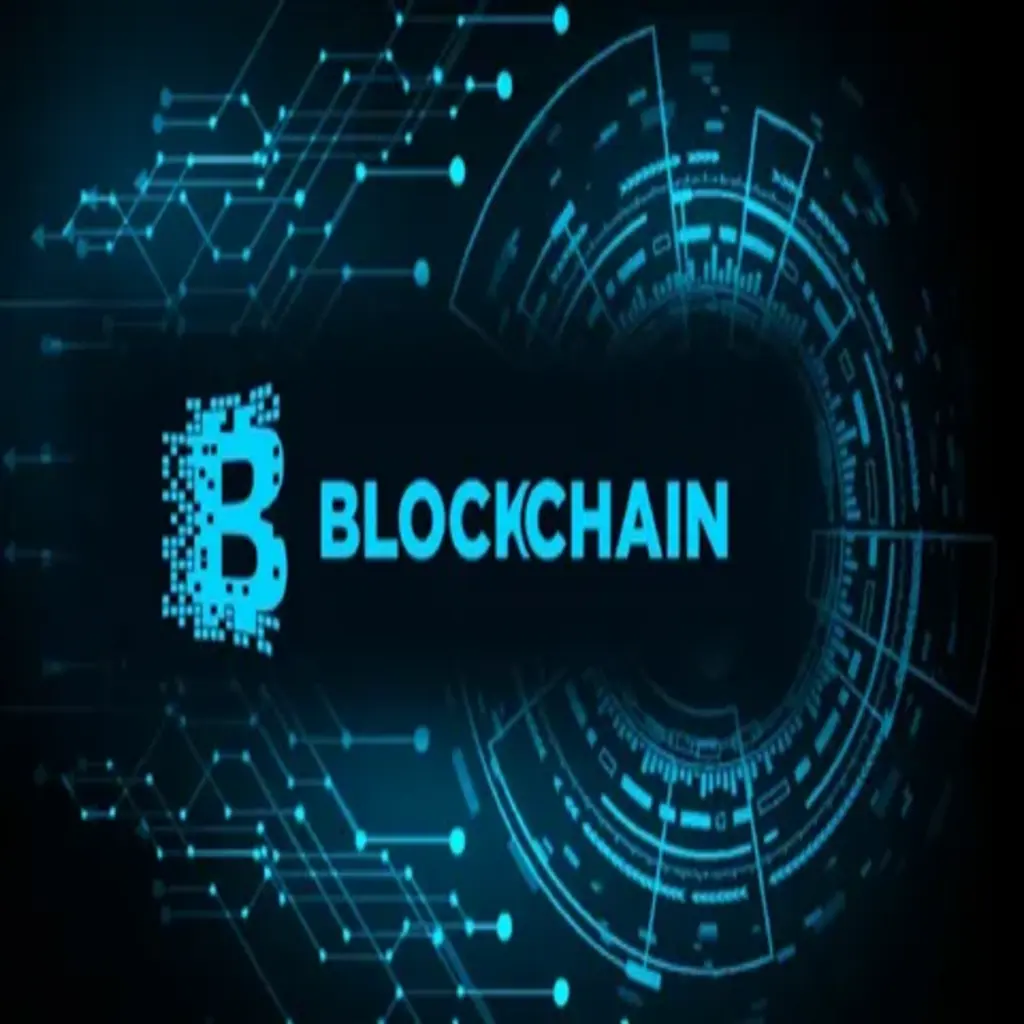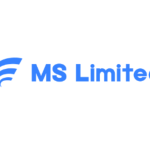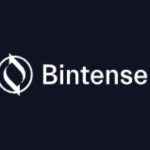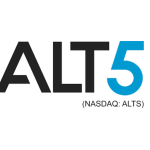Blockchain
Ondo Finance Launches Blockchain Platform To Tokenize US Stocks For Global Investors

Introduction
In a significant leap toward financial decentralization, Ondo Finance has unveiled a pioneering blockchain-based platform that tokenizes US stocks, making them accessible to global investors. This move aims to democratize investing by breaking traditional barriers that have long restricted non-US residents from participating in the American stock market.
Tokenization has become a buzzword in the financial world, and Ondo Finance’s latest innovation exemplifies how blockchain technology can enhance the accessibility, liquidity, and efficiency of traditional asset markets. By leveraging blockchain, Ondo Finance is opening doors to a more inclusive global financial ecosystem, where investors from all over the world can seamlessly trade fractional shares of US equities in a secure and transparent manner.
This article explores how Ondo Finance’s new blockchain platform works, its benefits, regulatory implications, and the broader impact on the financial industry.
Understanding Tokenization Of US Stocks
What is Tokenization?
Tokenization is the process of converting real-world assets, such as stocks, real estate, or commodities, into digital tokens on a blockchain. These tokens represent ownership and can be traded on blockchain-powered platforms, offering enhanced security, faster transactions, and broader accessibility.
Why Tokenize US Stocks?
The US stock market is one of the largest and most lucrative investment landscapes globally. However, stringent regulatory requirements, high entry costs, and currency exchange complexities often prevent international investors from gaining direct access to US equities.
By tokenizing US stocks, Ondo Finance allows investors to purchase fractional shares, eliminating the need for large capital investments. Furthermore, blockchain technology enhances transparency, reduces intermediaries, and ensures seamless cross-border trading.
How Ondo Finance’s Blockchain Platform Works?
Smart Contracts and Decentralization
At the heart of Ondo Finance’s platform are smart contracts—self-executing contracts with predefined terms embedded in code. These contracts facilitate transactions autonomously, reducing the need for intermediaries such as brokers or clearinghouses.
Fractionalized Shares
One of the platform’s standout features is the ability to trade fractionalized shares of US stocks. Traditional stock trading requires investors to buy entire shares, which can be costly, especially for high-value stocks like Apple, Amazon, or Tesla. Tokenization allows users to invest in fractions of shares, making stock trading more affordable and inclusive.
Liquidity and 24/7 Trading
Unlike traditional stock exchanges that operate within fixed hours, Ondo Finance’s blockchain-powered platform enables 24/7 trading. This enhances liquidity, as investors can buy or sell tokenized stocks at any time without being restricted by market hours.
Security and Transparency
Blockchain’s decentralized nature ensures that every transaction is recorded on an immutable ledger. This guarantees transparency, prevents fraud, and reduces risks associated with stock manipulation. Additionally, since the platform operates on a decentralized infrastructure, it minimizes reliance on traditional financial institutions, making it more resistant to systemic failures.
Regulatory Challenges And Compliance
Navigating US Securities Regulations
One of the biggest hurdles for tokenized assets is regulatory compliance. The US Securities and Exchange Commission (SEC) has stringent rules regarding securities trading, and tokenized stocks must adhere to these regulations. Ondo Finance has reportedly designed its platform to comply with US securities laws, ensuring that the tokenization process does not violate existing regulations.
KYC and AML Requirements
To maintain compliance and prevent illicit activities, the platform incorporates Know Your Customer (KYC) and Anti-Money Laundering (AML) protocols. Investors must verify their identities before accessing the platform, ensuring a secure and legally compliant trading environment.
Partnerships with Traditional Financial Institutions
Ondo Finance is working alongside regulatory bodies and financial institutions to bridge the gap between traditional and decentralized finance (DeFi). By forming strategic partnerships, the platform aims to ensure that tokenized stocks remain legally and operationally viable in the long term.
Impact On Global Investors
Accessibility for Emerging Markets
Many investors from emerging markets face difficulties accessing US stocks due to currency restrictions, high brokerage fees, and regulatory hurdles. Tokenization removes these barriers, enabling individuals from Africa, Asia, and Latin America to invest in US equities with ease.
Lower Entry Barriers
The traditional stock market often requires significant capital to invest in high-value stocks. Ondo Finance’s tokenized approach allows individuals to invest with minimal capital, fostering financial inclusion for retail investors.
Hedging Against Inflation
With global inflation concerns rising, investors are constantly looking for assets that can hedge against currency devaluation. US stocks have historically been a stable investment option, and tokenization enables investors to gain exposure to these assets without holding US dollars directly.
Cross-Border Investment Opportunities
By eliminating intermediaries, tokenized stocks enable seamless cross-border investments. Investors can trade US equities without dealing with traditional brokerage firms, currency conversion fees, or geographical restrictions.
The Future Of Stock Tokenization
Integration with DeFi and Crypto Markets
As DeFi continues to evolve, tokenized stocks may become integral to decentralized trading platforms. Ondo Finance’s innovation could pave the way for US equities to be traded alongside cryptocurrencies, stablecoins, and other tokenized assets in a decentralized ecosystem.
Potential Challenges
While the concept of tokenized stocks is revolutionary, there are still several challenges that need to be addressed:
Regulatory Uncertainty: Laws regarding tokenized securities vary by country, and regulatory frameworks are still evolving.
Market Adoption: While blockchain adoption is growing, traditional investors may be hesitant to shift away from conventional trading platforms.
Security Risks: Despite blockchain’s security advantages, the risk of cyberattacks or smart contract vulnerabilities remains a concern.
Institutional Adoption
If major financial institutions adopt tokenized stocks, it could lead to a significant shift in how equities are traded globally. Investment firms, hedge funds, and asset managers may increasingly integrate tokenized stocks into their portfolios, further validating this innovative financial model.
Conclusion
Ondo Finance’s launch of a blockchain platform to tokenize US stocks represents a transformative step in financial markets. By leveraging blockchain technology, the platform democratizes stock investing, offering global investors seamless access to US equities.
Tokenization addresses several inefficiencies in traditional stock trading, including accessibility barriers, liquidity constraints, and high investment costs. While regulatory challenges remain, the long-term potential of tokenized stocks is immense, and Ondo Finance is at the forefront of this financial revolution.
As blockchain technology continues to disrupt traditional finance, tokenized assets are poised to reshape global investing, making it more inclusive, transparent, and efficient. Investors, regulators, and financial institutions must collaborate to unlock the full potential of tokenization, ensuring that it remains a secure and viable option for the future of stock trading.











